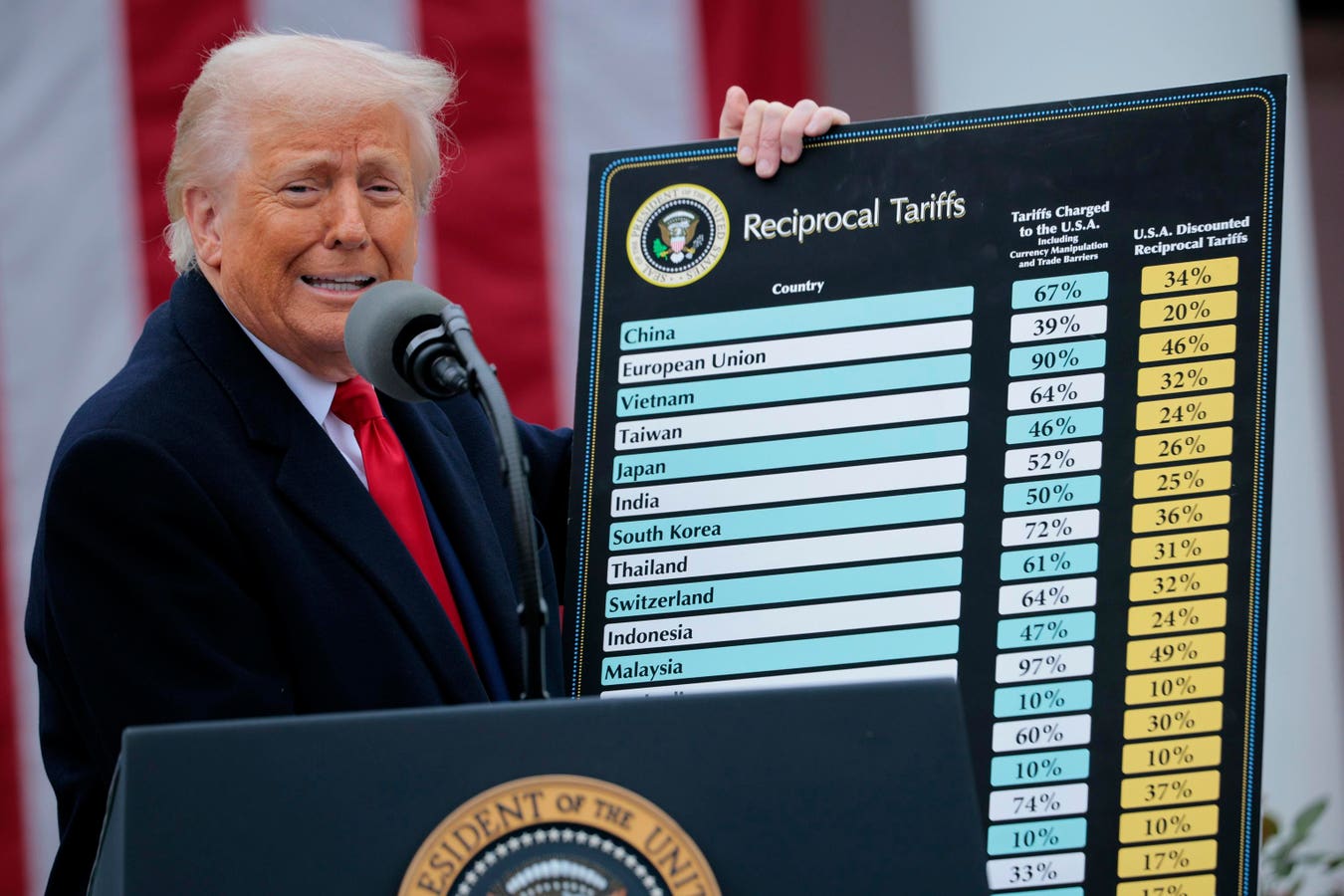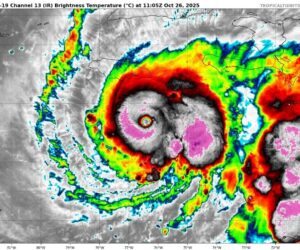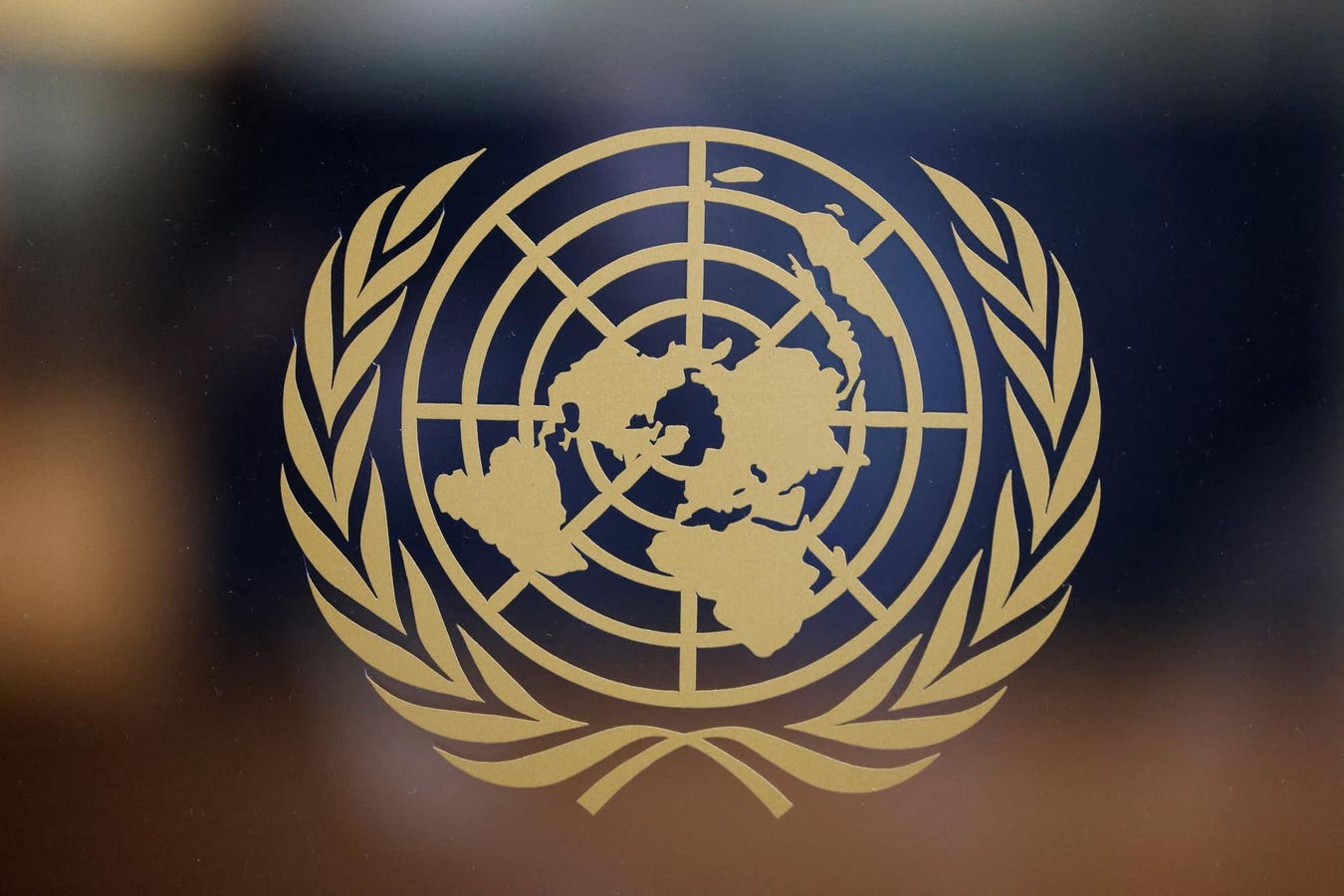WASHINGTON, DC – APRIL 02: U.S. President Donald Trump holds up a chart of “reciprocal tariffs” while speaking during a “Make America Wealthy Again” trade announcement event in the Rose Garden at the White House on April 2, 2025 in Washington, DC. Touting the event as “Liberation Day”, Trump is expected to announce additional tariffs targeting goods imported to the U.S. (Photo by Chip Somodevilla/Getty Images)
Getty Images
Yesterday, the Trump Administration suffered its second loss in court in its legal battle to impose Liberation Day tariffs as it sees fit. In a 7-4 ruling issued moments ago, the U.S. Court of Appeals for the Federal Circuit upheld the U.S. Court of International Trade’s unanimous May 28 decision in favor of the Liberty Justice Center’s clients—a decision which held that the Trump Administration’s tariffs are unconstitutional and enjoined them from continuing.
The Liberty Justice Center, along with constitutional scholar Ilya Somin, filed a lawsuit to challenge the “Liberation Day” tariffs on April 14, representing five small businesses whose operations would be decimated by the tariffs. The lawsuit was joined by leading appellate lawyers and constitutional scholars Judge Michael W. McConnell and Neal Katyal after the Trump Administration appealed to the Federal Circuit.
One of those small businesses was owned by David Levi. Mr. Levi began designing an educational electronic musical toy kit in 2020. Initially, he made batches of a few hundred at a time and sold them on Amazon. As sales grew, he rented a workshop and a small warehouse in Charlottesville, Virginia, purchased some light production machines, and hired his first employee. Due to the lag between purchasing components and selling his products, his family agreed to lend him money to help with cash flow.
He plowed all the money earned back into the business until last year, when he finally started taking a salary for himself. This year, “I was just starting to get to the payoff zone, where all the investment that I put in of my own money, and all the money I could have been making from a corporate job, was paying off. Now everything’s really slowed down because of the tariffs,” Mr. Levi exclaimed.
Last year, the business shipped 16,000 units. Mr. Levi’s business – MicroKits – was looking to make 20,000 units this year. However, due to rush orders caused by the looming tariffs, MicroKits was only able to purchase the components for 11,000 units.
But Mr. Levi was not willing to take this lying down. He joined a lawsuit with four other small owner-operated businesses to challenge the tariffs. Now, Mr. Levi has prevailed again in the second round of the V.O.S. Selections v. Trump court case.
In today’s decision, the Federal Circuit Court of Appeals found that the Trump tariffs “are unbounded in scope, amount, and duration,” they “apply to nearly all articles imported into the United States, . . . impose high rates which are ever-changing and exceed those set [by Congress,]
and are not limited in duration.” And the Court affirmed the Court of International Trade’s holding, finding that the Trump tariffs “assert an expansive authority” that is “beyond the authority delegated to the President by IEEPA.”
Today’s ruling reiterates the arguments that the Liberty Justice Center and co-counsel Neal Katyal made before the federal appeals court on July 31—the International Emergency Economic Powers Act (IEEPA) does not give the President unilateral authority to impose tariffs on any country he wants, at any time he wants, at any rate he wants, for any reason he wants.
“For the second time in this case, a federal court has held that the President’s so-called “Liberation Day” tariffs are unlawful,” said Jeffrey Schwab, Senior Counsel and Director of Litigation at the Liberty Justice Center. “The President cannot lawfully impose tariffs on his own; and IEEPA does not give him unlimited unilateral tariff authority. This decision protects American businesses and consumers from the uncertainty and harm caused by these unlawful tariffs.”
The appellate court’s ruling does not take effect until Oct. 14, however, which means that it is too early for Mr. Levi and the other small businessmen in the V.O.S. Selections v. Trump to celebrate. “The president’s tariffs remain in effect, and we look forward to ultimate victory on this matter,” White House spokesperson Kush Desai said in a statement.
As Ty Rousch wrote in Forbes.com yesterday, “the ruling covers Trump’s ‘reciprocal’ tariffs imposed on most U.S. trade partners, including additional rates on goods imported from China, Mexico and Canada. If upheld, the ruling would prevent the levies from being enforced, though other tariffs, including those imposed on steel, aluminum and copper, would remain in place because they were issued under a different presidential authority. It’s not immediately clear how the ruling would impact trade deals reached between the U.S. and countries like Japan, South Korea and others in response to the tariffs, or how the broader financial market would react.”









